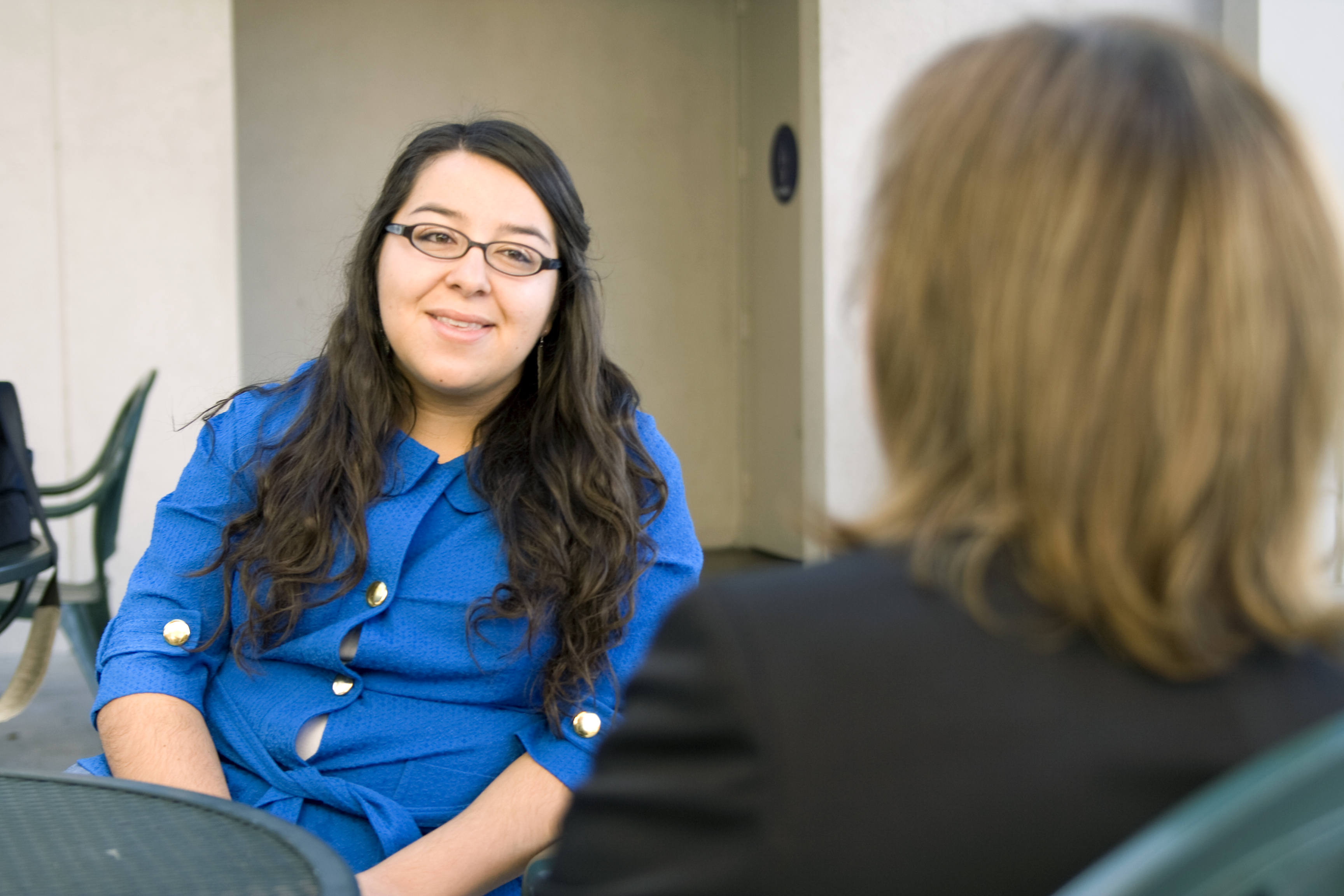Have you ever just needed to talk? Biola Student Development’s Community Mentor Program exists to help students who find themselves in just such a scenario.
Coordinator Brett Durham speaks with enthusiasm about the program, which he calls a “grassroots movement” on Biola’s campus. Since Durham first became a mentor for the program in April of 2007, he’s seen incredible growth, both in individual lives and in the program as a whole. Durham took over the position of coordinator last September and the program has expanded to include nearly 50 mentors.
The mentors are all affiliated with Biola in some manner, but run the gamut from faculty to alumni. Some mentors take as many as three students as mentorees, but many choose to focus entirely on one.
“This program is designed to be about the students,” Durham said.
As a part of adhering to this goal, and recognizing that each student is unique, mentors are not given strict guidelines or any type of curriculum for their mentorship meetings with their students. Mentors and “mentorees” meet two to four times a month on some part of Biola’s campus, and the rest is up to the individuals to decide on their own.
Mentors use this flexibility to tailor their meetings to each specific student. Some go through books about finding inspiration or learning spiritual disciplines, while others just meet to talk about life in general. Some constantly change methods, depending on the needs of the student.
The mentors also make themselves available for accountability and give advice on everything from dating to the job market.
The most incredible thing about this little-movement-that-could is the fact that it relies on word-of-mouth rather than advertising. The program has only one informational flyer to its name, and chooses not to fight for bulletin board space, instead letting the program literally speak for itself. Students involved recommend friends, who recommend other friends, who try out the program and become its biggest fans.
Durham, whose workplace is located in the lower level of the SUB, describes his location to the uninitiated as “between the AS conference room and the ATM machine,” and notes wryly that “a lot of people don’t know that this office exists.”
He enjoys hearing the different ways students come to find out about the program, saying that some undergrads are referred by staff, such as their dorm’s resident director, and others stumble upon the program unwittingly. He remembers amusing incidences where students, seeing their friends in mentorship meetings, said “Oh, is that your mom?”
Senior Lorraina Armenta, who is going into her fourth semester with a mentor, said that she “highly recommends” the program to everyone she comes in contact with. She says that her mentor, Colleen Heykoop, is “like a second mother.” Heykoop works at Biola as the director of parent relations and is – like her mentoree – a strong advocate of the program.
Many students feel a pressure to appear completely put-together in a Christian environment, which Durham says often keeps them from looking into the possibility of a mentor. Far from being a sign of weakness, participating in this program is really just a way for students to acknowledge that they are human.
Jenna Bartlo, a former mentoree who has now graduated and begun mentoring her own student, agrees, stating, “Everyone has problems.” She believes that college is one of the most important places to look for ways to grow, and a program that focuses on honest encouragement and accountability is good for both a student’s spiritual walk and emotional health.
Durham has high hopes for the future of the program and his prayer is that the mentoring relationships continue far beyond graduation. Armenta, in particular, has no doubt that she will keep in close contact with her mentor after her time at Biola wraps up this May. And like Bartlo, many current mentorees hope to find their own students to counsel in the years to come, with goals of reaching a whole new generation.







